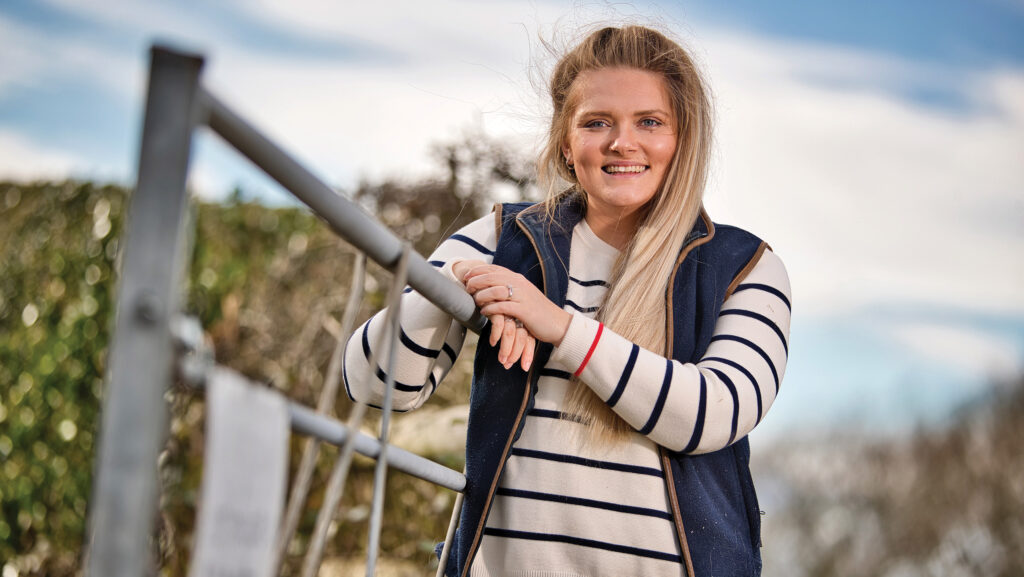Lucy Nott: We’ll ask about farming 87 times if need be
 Lucy Nott © Richard Stanton
Lucy Nott © Richard Stanton As this year’s harvest began, the weather gave us something to think about – this time, drying costs versus the risk of leaving the crop in the field.
There was no clear winner so, as is customary now, we did our best for the conditions.
I love the buzz of harvest and seeing the fields busy with our combine, tractors and a neighbour’s baler. Even though it’s not been the best year, it’s still a relief to see it coming off.
See also: Lucy Nott – farms are popular places to tie the know
I also watched cars whizz past on the road next to the field, and thought about how many people in them would have noticed the work going on in our field. It made me feel a bit invisible.
That feeling of invisibility has been frequently echoed in conversations I’ve had in recent weeks with fellow farmers.
During the election campaign, we were worrying about the magic number 87 – that is the 87 words on food and farming present in Labour’s manifesto.
Since then, we’ve had the King’s Speech, where farming and food security did not receive a mention. It feels like our industry has been put on the back burner.
Labour leader Sir Keir Starmer says he grew up in a rural community, and that the “reassurance that has been given will also be given again”. So I did some Googling.
Oxted (Starmer’s hometown), is a commuter town south of London, where you can handily get a train into the capital in just 40 minutes.
Given this knowledge, it is not unreasonable that our rural and farming communities are seeking greater proof that our industry and livelihoods are truly understood by the new government.
The term “rural community” includes many definitions, and using it as a blanket term when referring to farming and food security is not sufficient.
As always, we’ll keep muddling through and hope we get the answers we need soon. I wonder how many more times we are going to have to ask “but what about British farming?”
Maybe if we ask 87 times, we’ll get an answer.

